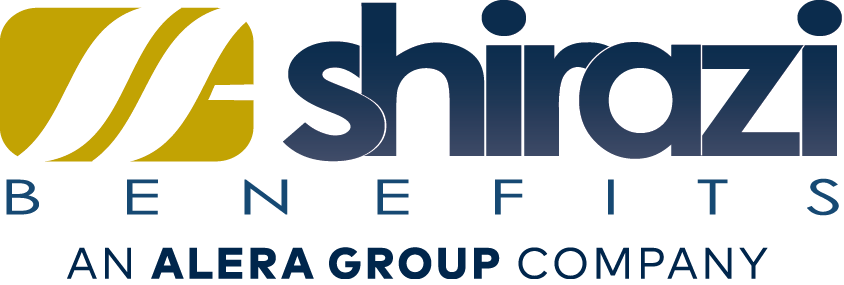 Don’t assume you’re in compliance with the Voluntary Plans Employee Retirement Income Security Act (ERISA) safe harbor rules just because you don’t contribute to the cost of your employees’ voluntary benefits. ComplianceBug, LLC, a provider of online risk assessment and compliance monitoring tools, reported that more than 80 percent of worksite and voluntary benefits plans are actually subject to ERISA. This is despite employers believing the plans were exempt from compliance requirements under the safe harbor rules.
Don’t assume you’re in compliance with the Voluntary Plans Employee Retirement Income Security Act (ERISA) safe harbor rules just because you don’t contribute to the cost of your employees’ voluntary benefits. ComplianceBug, LLC, a provider of online risk assessment and compliance monitoring tools, reported that more than 80 percent of worksite and voluntary benefits plans are actually subject to ERISA. This is despite employers believing the plans were exempt from compliance requirements under the safe harbor rules.
Most employee benefit plans offered through a private employer are subject to ERISA. The requirements provide minimum standards for retirement plans, group health plans and other welfare benefit plans.
There is a safe harbor exemption (DOL Reg. § 2510.3-1(j)) from ERISA for certain voluntary plans such as life, vision, dental, disability, critical-illness and accident insurance. However, these programs can be subject to ERISA if the employer fails to meet these requirements:
- Employee participation is voluntary.
- The benefit plan must be completely employee paid. Salary contributions made on a pre-tax basis through a Cafeteria/Section 125 plan are employer contributions, so all employee contributions must be after-tax to meet the safe harbor.
- The employer cannot endorse, educate or market the plan to employees. The insurer can collect premiums through payroll deductions.
- Employers receive no compensation or profit from the program, although they can be compensated for administrative services.
Most employers have difficulty with the third rule. To be in compliance, employers must ensure that all documents or explanations of voluntary benefits are removed from the materials you give your employees about their benefits. For instance, you must have one packet for employer-provided plans and one for voluntary benefits in order to comply with Safe Harbor protections.
Talk to your broker or counsel if you have questions about whether your voluntary benefit plans are subject to ERISA regulations.





